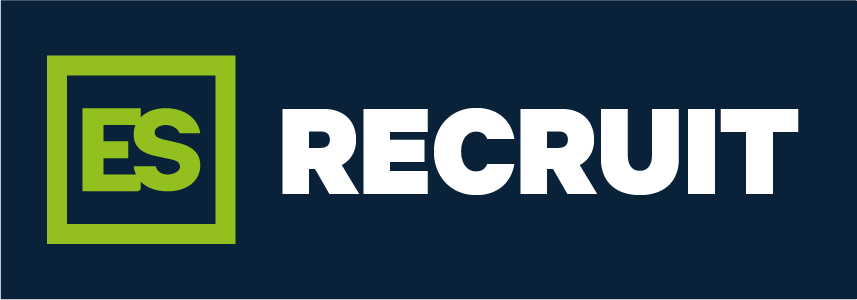Your CV should be more than just a collection of past jobs and a list of the schools that you went too. CV writing can be tricky, especially your opening statement.
Nailing the opening few lines of your CV is crucial and could be the difference between you getting an interview or not.
Some people call this your elevator pitch. In short, it's your chance to tell a prospective employer how you as an individual stand out from their other applicants and how you can add value to their company.
You can help your resume stand out by:
-Having this statement at the front and centre of your CV.
-Making sure your top attributes are shown first (attention spans are short in CV sifts - find out more here).
-Making it easy to scan, don't be overly wordy.
-Telling the reader you professional objective (if its relevant to them)
What goes into a strong opening summary?
The essential elements are a title and a few lines of text; we're not looking for War and Peace here. This text can be in either paragraph or bullet point form and should be directly under your contact details at the top of your CV.
Your summary title should be your professional identity; it's a headline to catch their eye and show that you're a good fit for the role.
Your statement test should be three to four lines of text and not be written in the first person. Try an resist the temptation to write a longer statement to squeeze everything in, remember you only get a few seconds of the hirer's attention initially.
It's also good to note that if someone is skimming a text document and they come across a large block of text, it will get skipped.
How to write your summary
This can be broken down into three steps;
Step 1 - Think of the three or four things that you think define you as a professional. These could be excellent customer service skills, consistent history of hitting a target, expertise in social media or the ability to manage several projects at once.
These skills and traits will all differ according to your profession and your level of expertise. Manager level applicants should try and focus on their business skills as well as their technical prowess. Entry-level or junior applicants should shine a light on their academic achievements and work experience.
Step 2 - Now think about the elements of your work that you enjoy the most. Your summary shouldn't only describe what you are good at it should tell them what you get up to at work day-to-day.
My point being, don't talk about it in your summary if it's not something you want to do going forward.
Step 3 - Make sure that your summary is in line with the companies job requirement. Do some research and make sure the key skills that you want to talk about reflect what the company are looking for.
For example, a Mechanical Design Engineer is probably going to want to talk about how they excel in managing multiple projects. Just like a welder is going to want to make sure they talk about which area of welding they are skilled in.
How to bring in your experience level
When you're crafting your summary, you need to make sure that you think about where you are in your career. If a job description wants a PhD or other high-level qualification, your opening summary cant say that you have this if your CV cant back it up.
Younger job seekers may talk more about their academic achievements as they won't have as much practical experience to back them up. When a job applicant has more experience, they won't need to talk about this as it is less relevant.
What not to include
You don't need to talk about everything in your summary, some requirements on a spec will have their own place on your CV. Even if you are in a technical role, your software/hardware skills will shouldn't be in this opening statement. The summary is for you to list your strengths and accomplishments that separate you from the herd as a candidate.
Don't use "I" and "me".
When writing your summary statement, you need to avoid using first-person pronouns. It still needs to be in the present tense as if you are the understood subject of the CV. This way, the focus stays solely on the employer. Remember, your goal is to sell what you can do for them.
Final thoughts
This summary is your introduction and probably the first thing that a recruiter or hiring manager will ever read about you. It could be days or weeks before you get to work your charm on them over the phone or in an interview, so its an important and often underestimated, part of your job search!
Take your time, practice and get it right! I've been practising mine to give an example below.
"A versatile and creative Marketer that fuses a background in social media and content creation with expertise in recruitment advertising to deliver quality, customized content spanning blogs, marketing, web content, training materials, and video. Provides sales support, great client service and excels in meeting deadlines in quick-turnaround settings."
If you want some more advice, on How to find a new job, we've got you covered. Click here.

.png)







